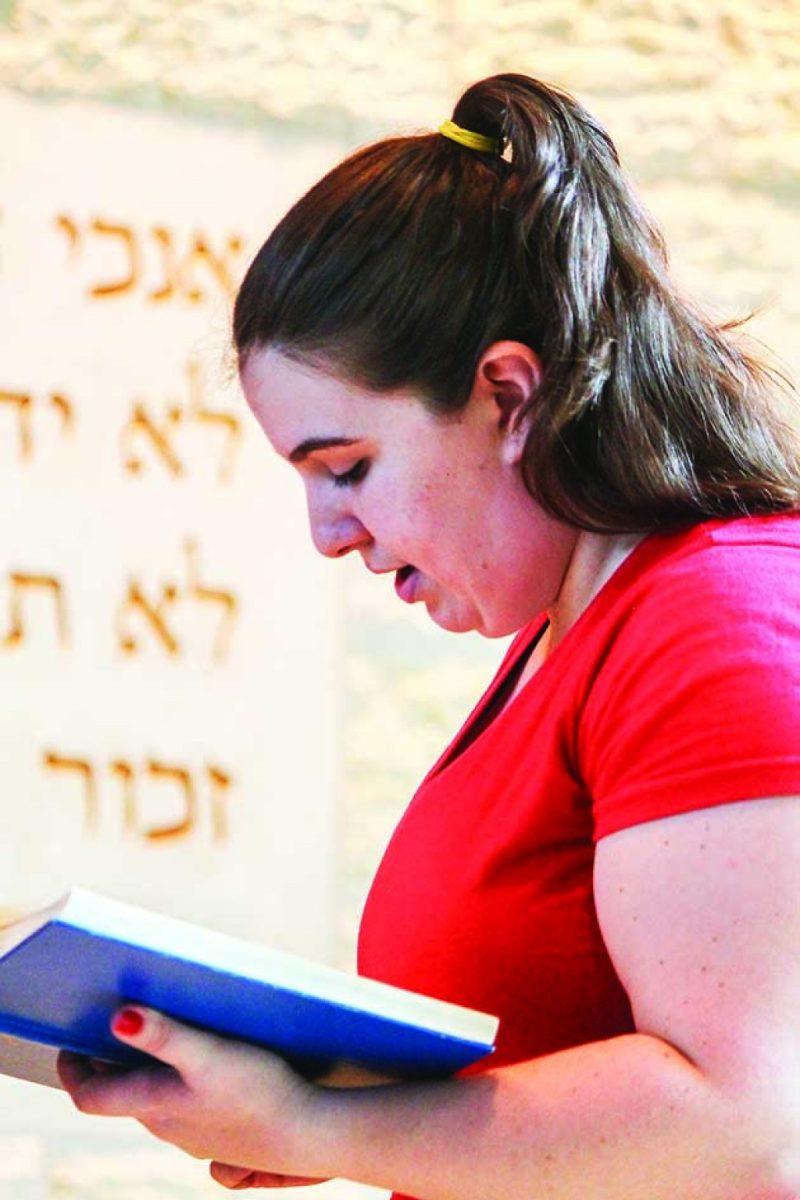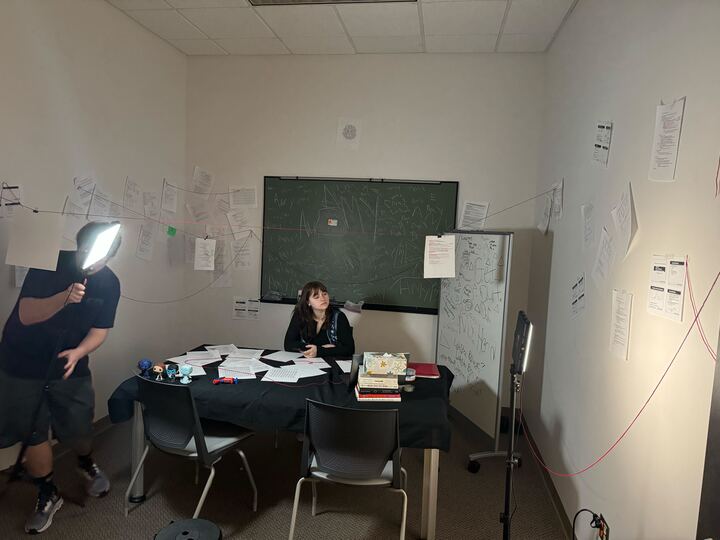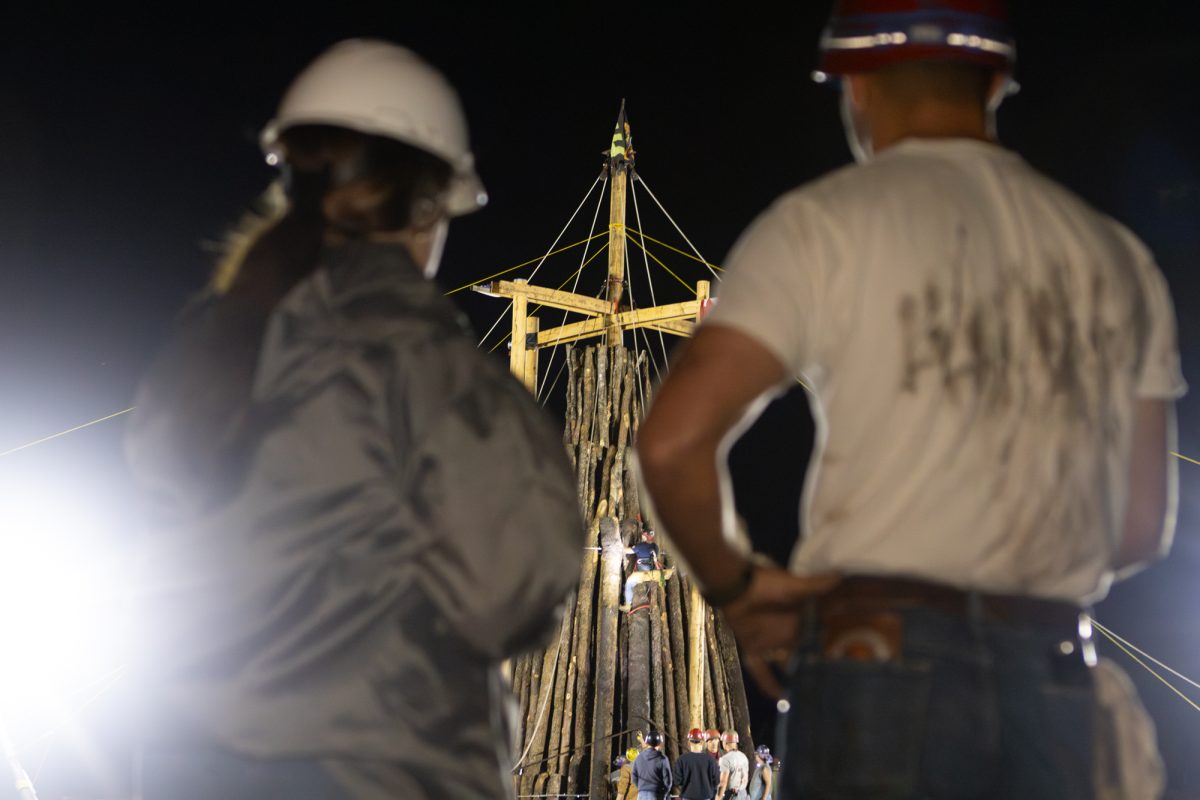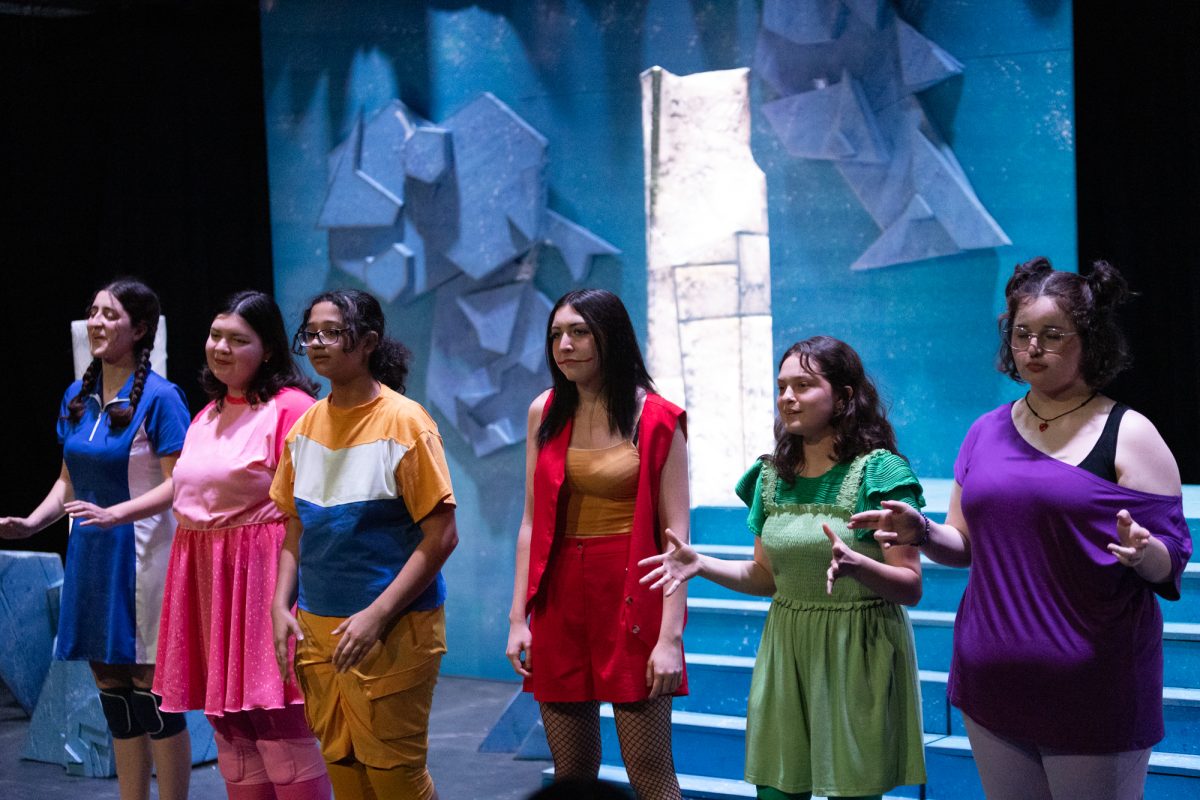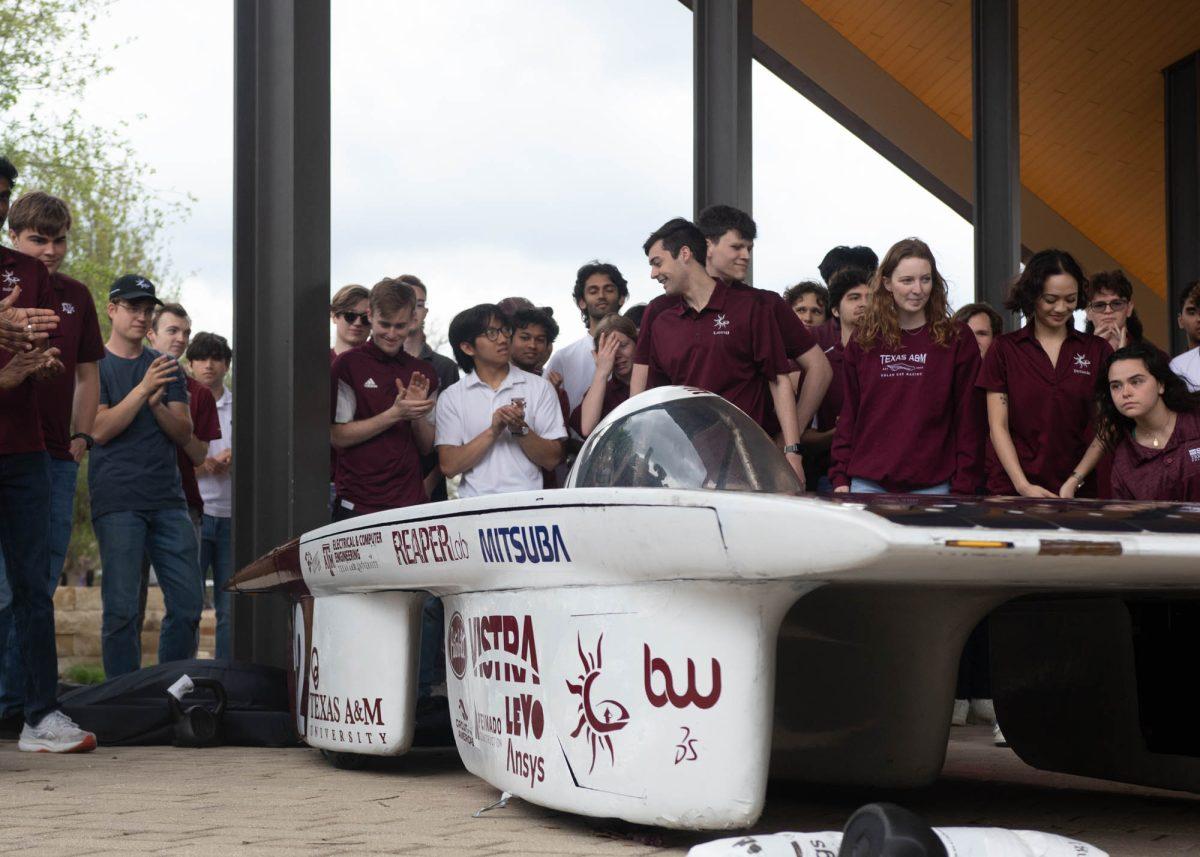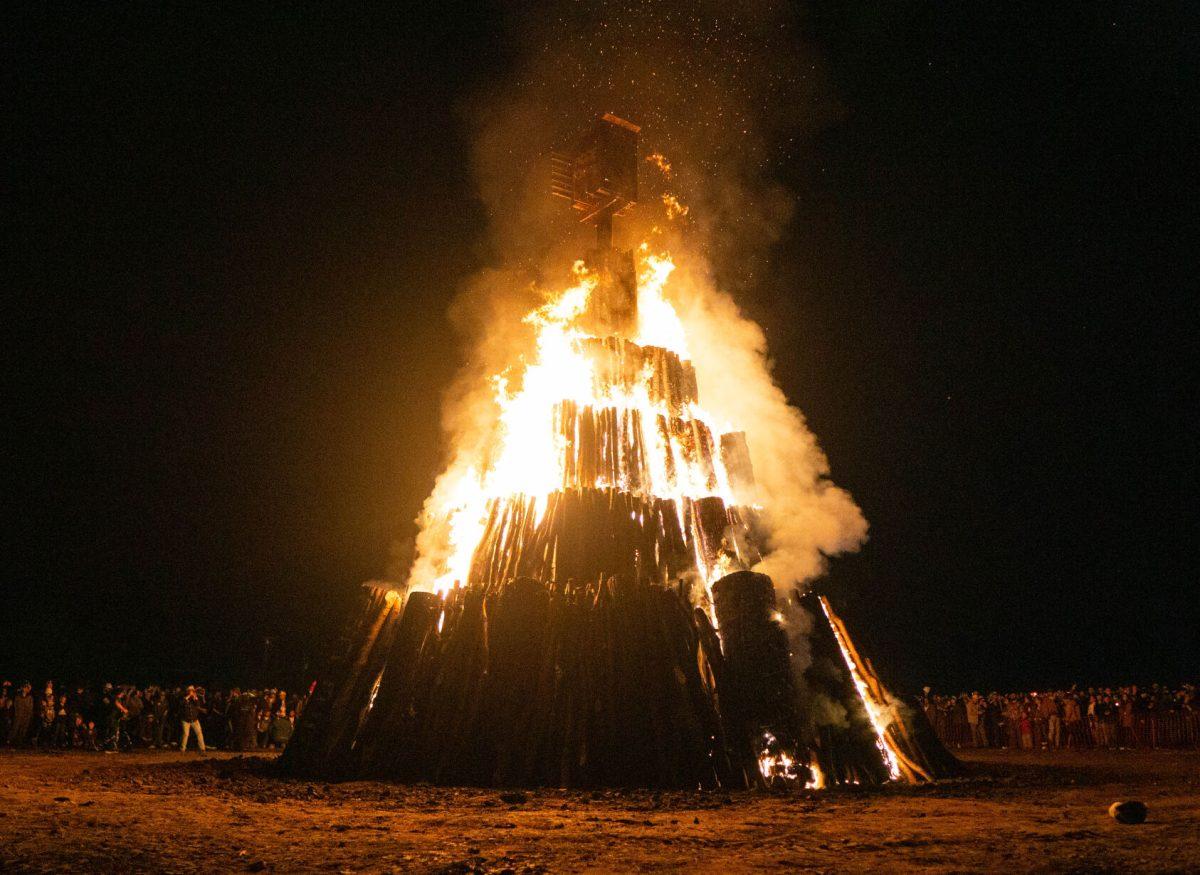Rosh Hashana, the Jewish new year, falls on Wednesday and preparations for the holiday are in full swing within the Aggie Jewish community.
Rabbi Matt Rosenberg said the festival is traditionally thought of as the “birthday of the world” and said Rosh Hashana means “Head of the Year.”
The holiday is the first of the High Holy Days and begins with a two-day period of celebration and ends Friday evening with Yom Kippur.
Traditions and Ceremonies
Rosh Hashana prepares Jews for the 10-day period following the holiday, which functions as a chance for people to ask for forgiveness from others. Rosenberg said Judaism teaches that a person can’t receive atonement from God unless they have apologized to those they have wronged.
The holiday incorporates the Jewish practice, Tashlich, a ceremony that involves visiting a body of water to symbolically cast away sins. It is typically performed on the first afternoon of Rosh Hashana. Aggie Hillel will hold its Tashlich at the fountain near Blue Baker on University.
“It is another opportunity to reflect, though it does not make us completely sin-free when we do that, but it is symbolic because it lets us think about what kind of changes we need to make,” Rosenberg said.
Daniel Rosenfield, Hillel president and communication sophomore, said as a college student he has a different perspective of the holiday’s meanings.
“When you are a kid, you go to service because parents make you, Rosenfield said. “But here, no one is going to force you to go. It is really up to you if you want to go and make the commitment to go and be a part of the Jewish community. It is very important that we provide a strong atmosphere for the students who want to be a part of the Jewish community.”
Michael Mendelsohn, general studies freshman, said although this is his first celebration of Rosh Hashana away from home, he is excited to celebrate it with fellow Aggies.
“We are establishing new friendships and the prayers are similar here,” Mendelsohn said. “So I am glad to be with friends even though I miss my family.”
Food
Rosenberg said the most important food eaten during the holiday are apples dipped in honey, which are said to make the coming New Year sweet.
Challah, a braided bread often used in Jewish services, is also eaten during the holiday.
“Challah is an elongated loaf of bread, baked for weekly Shabbats, but for Rosh Hashana we bake it into a circle representing the circle of life, the reason being that Rosh Hashanah is a time of reflection,” Rosenberg said.
It’s tradition for families to gather and eat together, Rosenberg said, and Hillel seeks to create the same atmosphere. Rosenberg expects around 100 students to attend Wednesday’s evening services and dinner.
Shofar Blowing
Shofar blowing is a significant element of Rosh Hashana, Rosenberg said.
The shofar is an ancient musical instrument that is made of a ram’s horn, Rosenberg said. On the first day of Rosh Hashana, Jews read the passage in the Old Testament where Abraham does not slaughter Isaac and instead slaughters a ram trapped in a thicket nearby.
Rosenberg said the instrument’s purpose is to transform people through its bursts of noise.
“The shofar is a clarion call to take action,” Rosenberg said. “It is a gunshot at the beginning of a race that gets you going. So we have a hundred shofar blasts on each day of the Rosh Hashana during the day and it is a very moving experience.”
Jacob Geesin, geology sophomore, will play the shofar this year on Rosh Hashana. He said he was honored to play the shofar.
Geesin said it is rare for a student to blow a shofar because more often than not it is someone who has years of experience, rather than a student who just happens to be a trumpet player.
“It is very special for me to be a part of the service and I feel that it will be special to Rabbi Matt to have one of his students doing it as well,” Geesin said.
The Rosh Hashana and Yom Kippur schedule can be found at tamuhillel.org.
Jewish new year reminds students of old traditions
September 22, 2014
Photo by Jeff Dundas
Jackie Mitchell reads scripture while rehearsing in the A&M Hillel Center on Monday.
0
Donate to The Battalion
Your donation will support the student journalists of Texas A&M University - College Station. Your contribution will allow us to purchase equipment and cover our annual website hosting costs.
More to Discover



